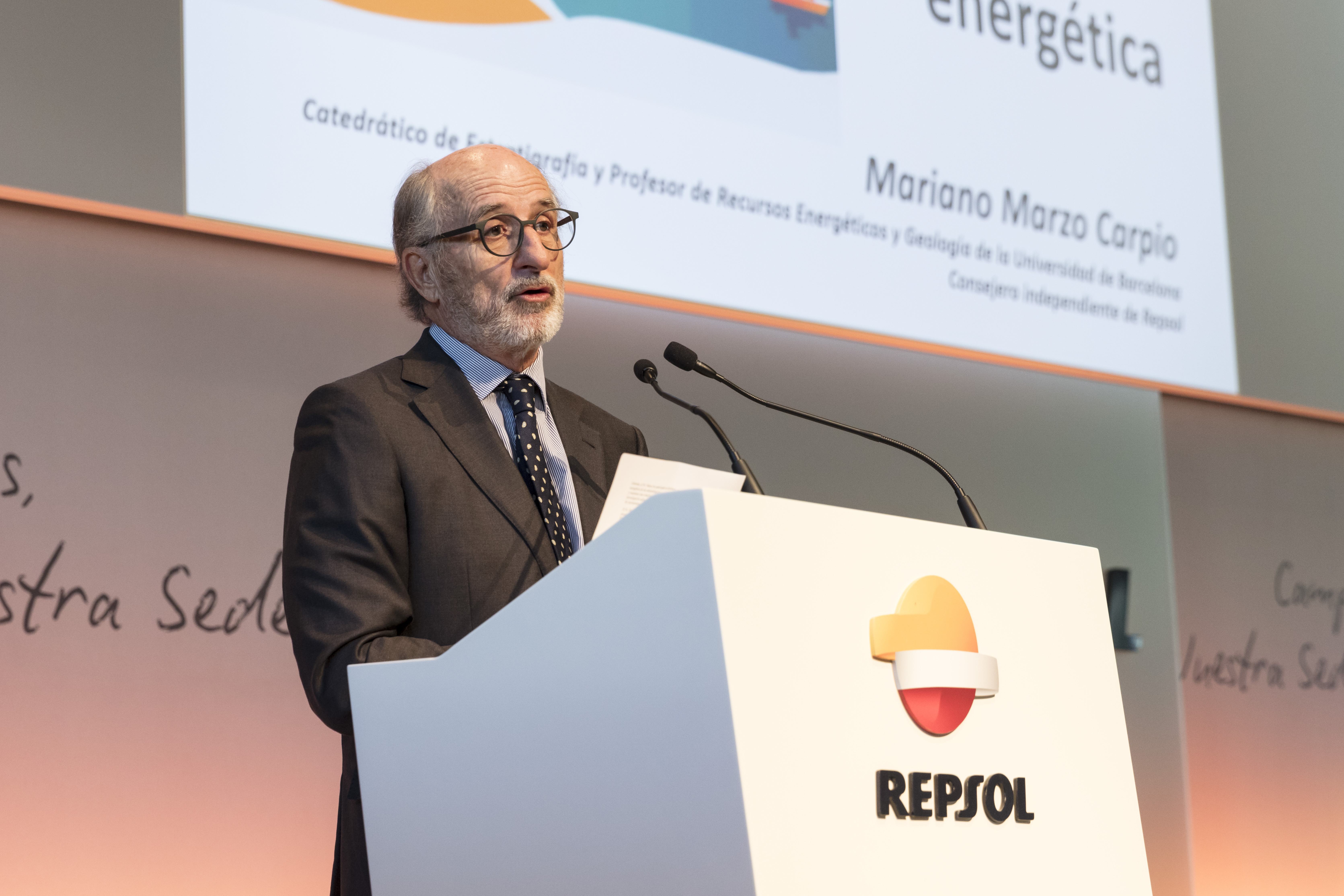Posted in: news
16th September 2020
The COVID-19 pandemic has presented businesses with multiple, unprecedented challenges. Many companies are striving to maintain their economic activity while upholding their commitments to the social and economic development of the countries where they operate. How can they achieve this goal?
For Repsol, one of the first companies to endorse The B Team Responsible Tax Principles, the answer lies partly in responsible tax.
Repsol’s ambition is straightforward: it wants to be known as a transparent and trustworthy company when it comes to its tax practices. Its tax strategy is not merely a declaration of intent, but a robust commitment—realized through responsible tax management, transparency and cooperative relationships with governments.
Repsol’s commitment is not a static one—the company’s tax policy has evolved over time in accordance with the highest international standards. “Our corporate governance system is in a process of constant review and improvement, incorporating the main recommendations of the international markets and the latest trends in this area,” said Antonio Brufau, Chairman of the Board of Directors.

Photo by Repsol
Our corporate governance system is in a process of constant review and improvement, incorporating the main recommendations of the international markets and the latest trends in this area."
Grounding Tax Policy in Transparency
Repsol’s dedication to learning, iteration and improvement is illustrated by its approach to tax transparency. The company was part of the group of businesses, civil society organizations, institutions and more that helped craft The B Team Responsible Tax Principles. It was one of the first companies to endorse them in 2018—adopting the commitments contained therein as their own. Throughout that process, and since, Repsol had paid particular attention to Principle 7 on tax transparency.
At the beginning of this year, the company started telling its tax story in a more transparent, comprehensive and practical manner. Repsol made an array of new or reshaped reports publicly available, many on a voluntary basis, to raise awareness about the relevance of the company’s tax contribution in the countries in which it operates. Its newest tax report contains a review of its performance against the Responsible Tax Principles along with a compliance self-assessment with respect to a new GRI tax standard and the OECD standard for tax risk control.
Responsible Tax Principle 7: Transparency
We provide regular information to our stakeholders, including investors, policy makers, employees, civil society and the general public, about our approach to tax and taxes paid.
And for the first time, Repsol this year voluntarily disclosed full country-by-country tax data for the 47 countries in which it has a taxable presence. This disclosure is intended to give stakeholders a better understanding of Repsol’s presence, performance, tax contribution and purpose, in every country in which it operates, and supplements the information available in other reports.
This level of voluntary transparency—which puts Repsol clearly amongst the most radically tax transparent multinationals—demonstrates that the company is serious about responsible tax, and about the social and economic development of countries in which it operates. “The voluntary publication of the CbCR represents a major milestone in our tax policy and reflects Repsol’s commitment to account for our business contribution in the countries we have activity”, said Luis López-Tello, Corporate Director of Economics and Fiscal Policy.
The voluntary publication of the CbCR represents a major milestone in our tax policy and reflects Repsol’s commitment to account for our business contribution in the countries we have activity."
Beyond Data
Repsol considers that tax data alone is insufficient, and without context and explanatory information can even lead to less, rather than more understanding. This can apply to controversial issues like the use of so-called ‘tax havens,’ therefore Repsol now publishes a comprehensive explanation of its presence in these jurisdictions.
The company’s policy is clear—it doesn’t make use of opaque or artificial tax structures and, where it does have a presence in these territories, it is based on legitimate business reasons. Repsol also goes further than adopting official lists of tax haven jurisdictions, such as set out by the Spanish regulations, the European Union and OECD, and includes an explanation of its presence in what it terms ‘controversial jurisdictions,’ as identified by non-governmental organizations.
NGOs have welcomed Repsol’s commitment to tax transparency and to meaningful tax reporting. Oxfam issued a report in 2019 stating that on the subject of corporate taxation there has been “genuine progress” among specific companies, highlighting Repsol in particular.
Responsible Tax Practices for Extractives
Responsible tax practices are gaining momentum among extractive companies. Oxfam's analysis highlights examples of corporate progress, including Repsol, across the sector.
But Repsol’s commitment to responsible tax is about more than responding to the expectations of advocacy groups and campaigners—it is also about demonstrating that the company is committed to playing a positive role in building a more inclusive economy. With this guiding principle, the company explicitly aligns its tax strategy with its mission and values as well as its commitment to the United Nations Sustainable Development Goals, including accountable tax objectives.
As the world looks toward economic recovery and how to deal with the pandemic aftermath, it’s clear companies cannot continue with business-as-usual in any aspect, including on tax. Repsol’s commitments and actions offer a better path ahead—one filled with lessons for other companies to carry forward.


